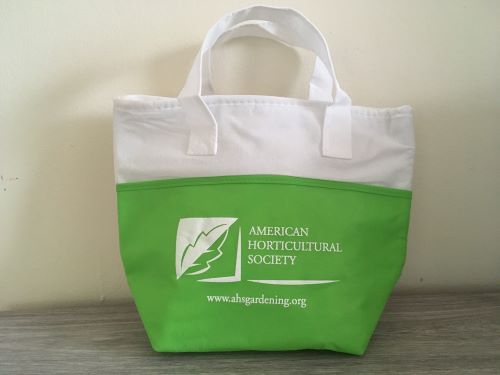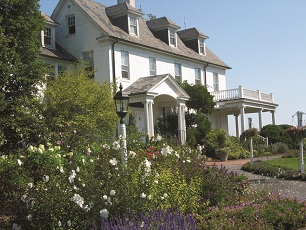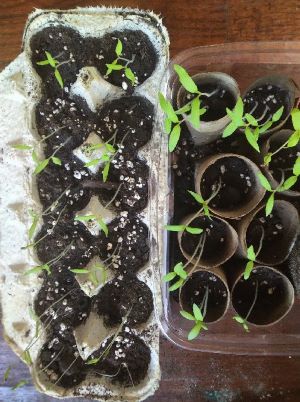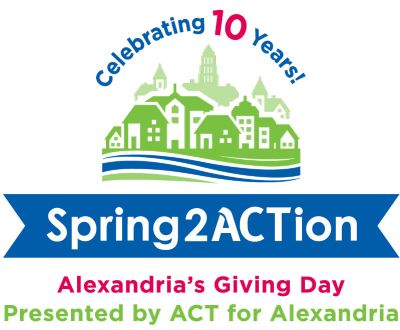Ring in the New Year with More Member Discounts to Garden Shows!
Two more great reasons to be a member of AHS!
- Discounts to garden shows
- Educational opportunities on horticulture’s relationship with environmental wellness
AHS members will receive discounts to the following three flower and garden shows (in addition to shows produced by MarketPlace Events). These shows will be presenting the AHS Environmental Awards which recognize exhibits of horticultural excellence that best demonstrate the bond between horticulture and the environment. Exhibits will be judged by the criteria of design, aesthetics, plant material, and environmental stewardship.
We are pleased to be a part of the environmental movement and to share these benefits with our AHS members.
- Northwest Flower & Garden Show (Feb. 15 – Feb. 19)
- Connecticut Flower & Garden Show (Feb. 23-26)
- Maryland Home & Garden Show (March 4-5 & 10-12)
 May is Membership Month at the American Horticultural Society (AHS), and all month long we’re recognizing friends like you for all you do to help promote sustainable gardening and build a community of responsible caretakers of the Earth.
May is Membership Month at the American Horticultural Society (AHS), and all month long we’re recognizing friends like you for all you do to help promote sustainable gardening and build a community of responsible caretakers of the Earth. For many years, I preferred doing gardening tasks barehanded. Not only did I enjoy the feeling of getting my “hands in the dirt,” but I often found that working with gloves reduced my ability to handle small, delicate plants with care. As I’ve gotten older, and the daily wear and tear takes more of a toll on my hands, I prefer to work with gloves, albeit the thinnest gloves possible.
For many years, I preferred doing gardening tasks barehanded. Not only did I enjoy the feeling of getting my “hands in the dirt,” but I often found that working with gloves reduced my ability to handle small, delicate plants with care. As I’ve gotten older, and the daily wear and tear takes more of a toll on my hands, I prefer to work with gloves, albeit the thinnest gloves possible. 
 If you’re part of the new wave of home or apartment dwellers looking for resources on starting an edible garden, you’re not alone. While the American Horticultural Society encourages supporting local garden centers, there are lots of ways you can start a garden without buying special materials. Here are some of our favorite sustainable gardening hacks using readily available items.
If you’re part of the new wave of home or apartment dwellers looking for resources on starting an edible garden, you’re not alone. While the American Horticultural Society encourages supporting local garden centers, there are lots of ways you can start a garden without buying special materials. Here are some of our favorite sustainable gardening hacks using readily available items. Thanks to
Thanks to  Friday, April 3 kicks off Early Giving for ACT of Alexandria’s annual
Friday, April 3 kicks off Early Giving for ACT of Alexandria’s annual